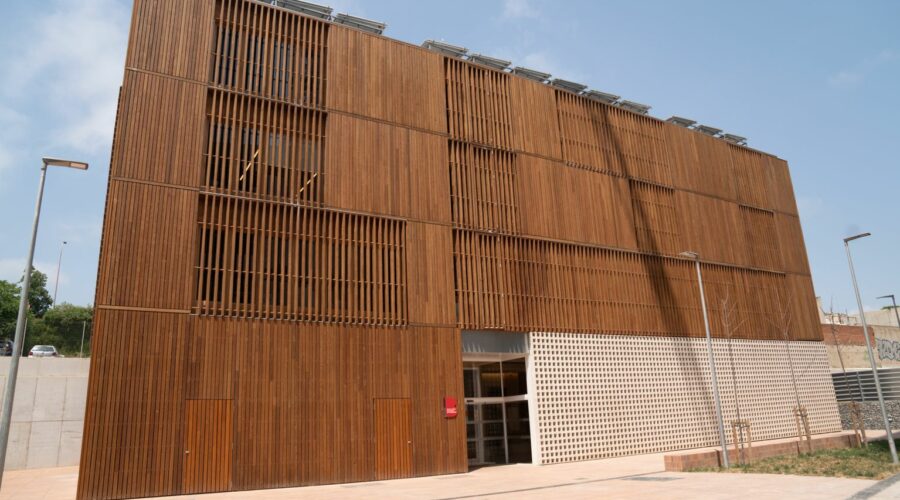
According to recent research, the oldest surname registered in the city of Barcelona is Pallàs. This surname is an astonishing 526 years old in Barcelona, since it was mentioned for the first time in the census of 1497.
Pallàs, like many other Spanish surnames, originated from a proper name, and in this case, it would translate as “son of Pallas”.
According to data provided by the National Institute of Statistics (INE), at present, approximately 5,000 people in Spain bear the surname Pallàs. Of these, 2,746 people have Pallàs as their first surname, 2,585 have it as their second surname and 23 people have it as both first and second surname.
While personal names have become increasingly creative and are often influenced by characters from movies, series or books, surnames often have deep roots that are worth exploring.
In the vast mosaic of surnames that populate Spain, some share a common origin. An example is those ending in ‘-ez’, which historically were used to denote descent, as in the case of the surname Álvarez, which means “son of Álvaro”.
The Pallàs lineage: a history of more than 500 years in Barcelona
The bearers of the Pallàs surname are mainly concentrated in the eastern provinces of Spain, with a strong presence in Catalonia, Aragon and the Valencian Community.
Cities such as Huesca, Lleida and Zaragoza are areas where the surname Pallàs is more common. However, it is also located at the opposite end of the Iberian Peninsula, in the city of A Coruña.
And although Pallàs holds the title of the oldest surname with records in Barcelona, the city also has other surnames of great antiquity, such as Piqué, Nebot, Oliver, Jover, Muntaner or Guasch. Although these surnames appear in earlier records, their origins can be traced in towns and cities throughout Catalonia.
The fascinating world of Spanish surnames
In the Middle Ages, most of the population did not have surnames and people were known by their personal names, sometimes followed by their place of birth or occupation.
With time, patronymic surnames arose, based on the father’s name, such as “Fernández” (son of Fernando) or “González” (son of Gonzalo). Toponymic surnames were also adopted, which referred to the place of origin of the person, such as “Sevilla” or “Toledo”, as well as surnames that reflected the family trade, such as “Herrero” or “Molinero”, among others.
The formalization of surnames took place during the sixteenth and seventeenth centuries, when a royal order was issued requiring all citizens to have fixed and registered surnames, which marked a milestone in personal identity and the organization of Spanish society.



